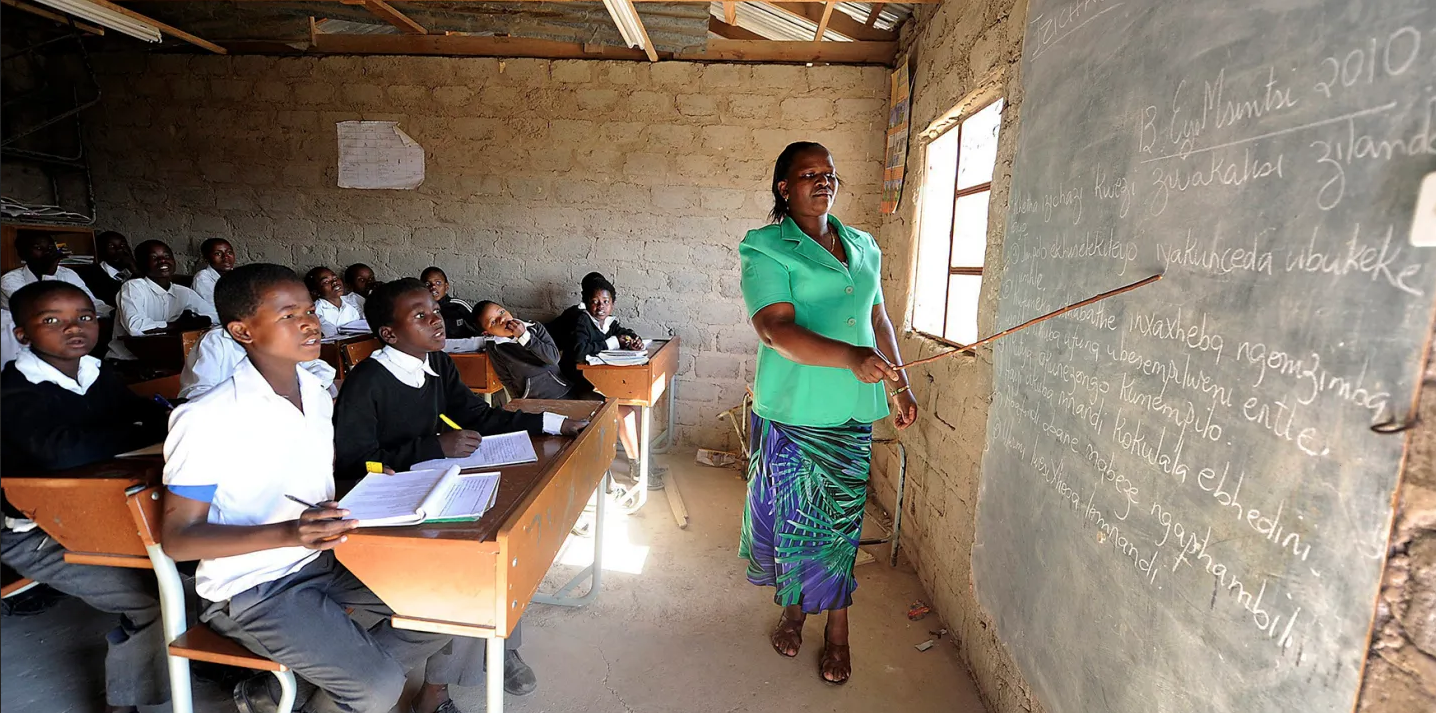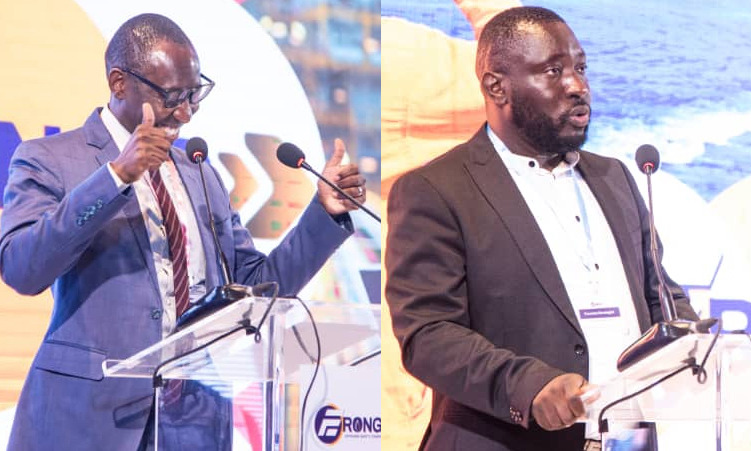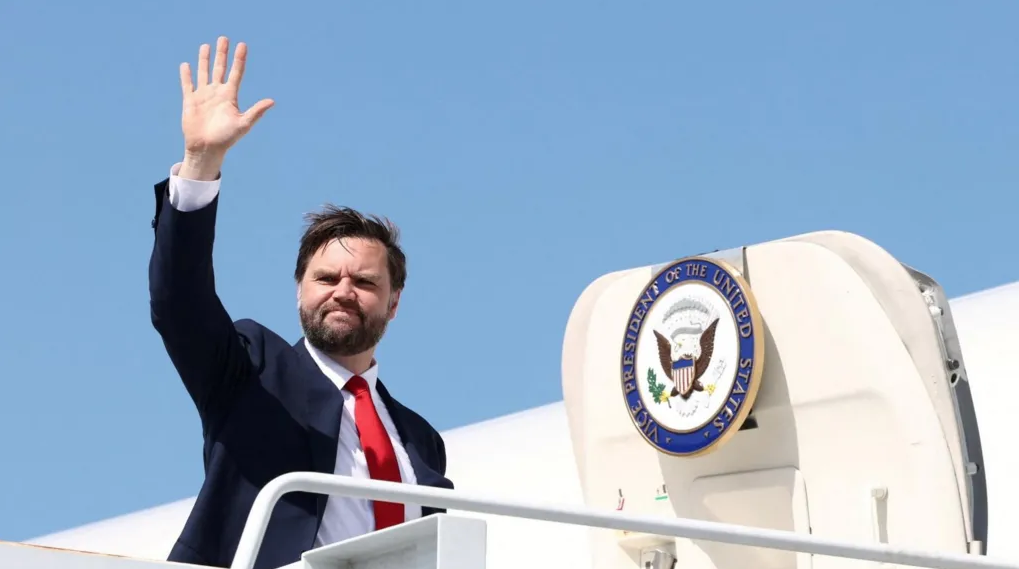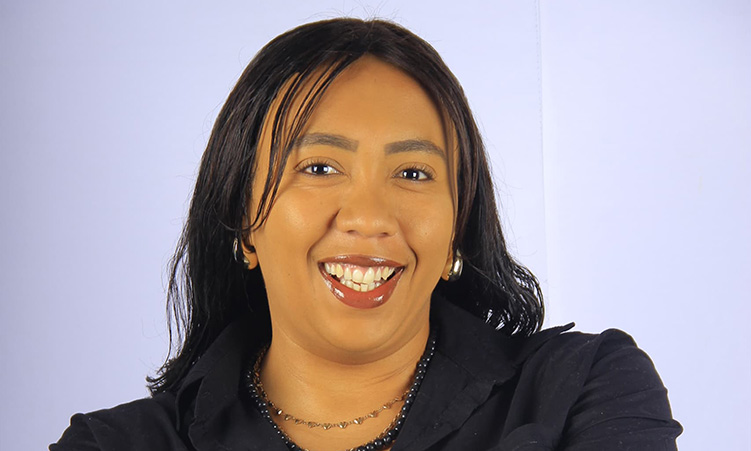THE highlights of the main policy results of the meeting: CLIMATE CHANGE G8 leaders agreed to pursue “substantial” reductions in greenhouse gas emissions and pledged to negotiate a new global climate pact that would extend and broaden the Kyoto Protocol beyond 2012.
But Merkel was not successful in convincing the G8 to make firm numerical commitments on emissions reduction, including her key aim to cut gases by 50 per cent by 2050. President George W Bush agreed to fold his climate plans into the UN framework, but he is likely to be out of office by the time any post-Kyoto deal is clinched and US participation will depend on big polluters like China and India joining in.AFRICA The G8 pledged US$60 billion to fight AIDS, malaria and tuberculosis – diseases that have devastated African countries and their economies.But the declaration set out no specific timetable, nor did it break down individual countries’ contributions or spell out how much of the total funds had been previously promised.Leaders also reiterated an overall pledge made in 2005 to raise annual aid levels by $50 billion by 2010, $25 billion of which is for Africa.US-RUSSIA TIES Bush and Russian President Vladimir Putin met for the first time since a nasty row erupted over US plans to deploy a missile shield in central Europe, reviving Cold War memories.Putin appeared to catch Bush off-guard with a proposal that Washington use a Russian-controlled radar station in Azerbaijan instead of putting parts of the missile shield in Poland and the Czech Republic.KOSOVO Leaders failed to break a deadlock over independence for the breakaway Serbian province, with Russia rebuffing an attempt by France to avert a UN Security Council veto by Moscow through a delay in a UN vote.Chancellor Angela Merkel said there was no point to put off the vote if no compromise was in sight.IRAN The G8 reiterated its profound concerns over the proliferation implications of the Iranian nuclear program.They urged Iran to comply with international obligations and vowed “further appropriate measures” – code for sanctions – if it continued to ignore calls by the UN Security Council.TRADE G8 leaders called for a prompt conclusion to the Doha round of world trade talks and urged all sides to show flexibility to get a deal.ECONOMY Leaders agreed the global economy is in good shape, but said emerging market economies with large current account surpluses needed to ensure movement in their exchange rates to help iron out imbalances.They did not name names but said that Asia needed to pursue reforms which would boost internal demand as a driver of growth alongside exports.Officials said currency exchange rates were discussed but did not dominate deliberations.OUTREACH G8 leaders launched the so-called ‘Heiligendamm Process’, a two-year project where the OECD will serve as a go-between for more permanent consultation on policy between the G8 industrial powers and emerging market economies China, India, Brazil, Mexico and South Africa.Nampa-ReutersPresident George W Bush agreed to fold his climate plans into the UN framework, but he is likely to be out of office by the time any post-Kyoto deal is clinched and US participation will depend on big polluters like China and India joining in.AFRICA The G8 pledged US$60 billion to fight AIDS, malaria and tuberculosis – diseases that have devastated African countries and their economies.But the declaration set out no specific timetable, nor did it break down individual countries’ contributions or spell out how much of the total funds had been previously promised.Leaders also reiterated an overall pledge made in 2005 to raise annual aid levels by $50 billion by 2010, $25 billion of which is for Africa.US-RUSSIA TIES Bush and Russian President Vladimir Putin met for the first time since a nasty row erupted over US plans to deploy a missile shield in central Europe, reviving Cold War memories.Putin appeared to catch Bush off-guard with a proposal that Washington use a Russian-controlled radar station in Azerbaijan instead of putting parts of the missile shield in Poland and the Czech Republic.KOSOVO Leaders failed to break a deadlock over independence for the breakaway Serbian province, with Russia rebuffing an attempt by France to avert a UN Security Council veto by Moscow through a delay in a UN vote.Chancellor Angela Merkel said there was no point to put off the vote if no compromise was in sight.IRAN The G8 reiterated its profound concerns over the proliferation implications of the Iranian nuclear program.They urged Iran to comply with international obligations and vowed “further appropriate measures” – code for sanctions – if it continued to ignore calls by the UN Security Council.TRADE G8 leaders called for a prompt conclusion to the Doha round of world trade talks and urged all sides to show flexibility to get a deal.ECONOMY Leaders agreed the global economy is in good shape, but said emerging market economies with large current account surpluses needed to ensure movement in their exchange rates to help iron out imbalances.They did not name names but said that Asia needed to pursue reforms which would boost internal demand as a driver of growth alongside exports.Officials said currency exchange rates were discussed but did not dominate deliberations.OUTREACH G8 leaders launched the so-called ‘Heiligendamm Process’, a two-year project where the OECD will serve as a go-between for more permanent consultation on policy between the G8 industrial powers and emerging market economies China, India, Brazil, Mexico and South Africa.Nampa-Reuters
Stay informed with The Namibian – your source for credible journalism. Get in-depth reporting and opinions for
only N$85 a month. Invest in journalism, invest in democracy –
Subscribe Now!










